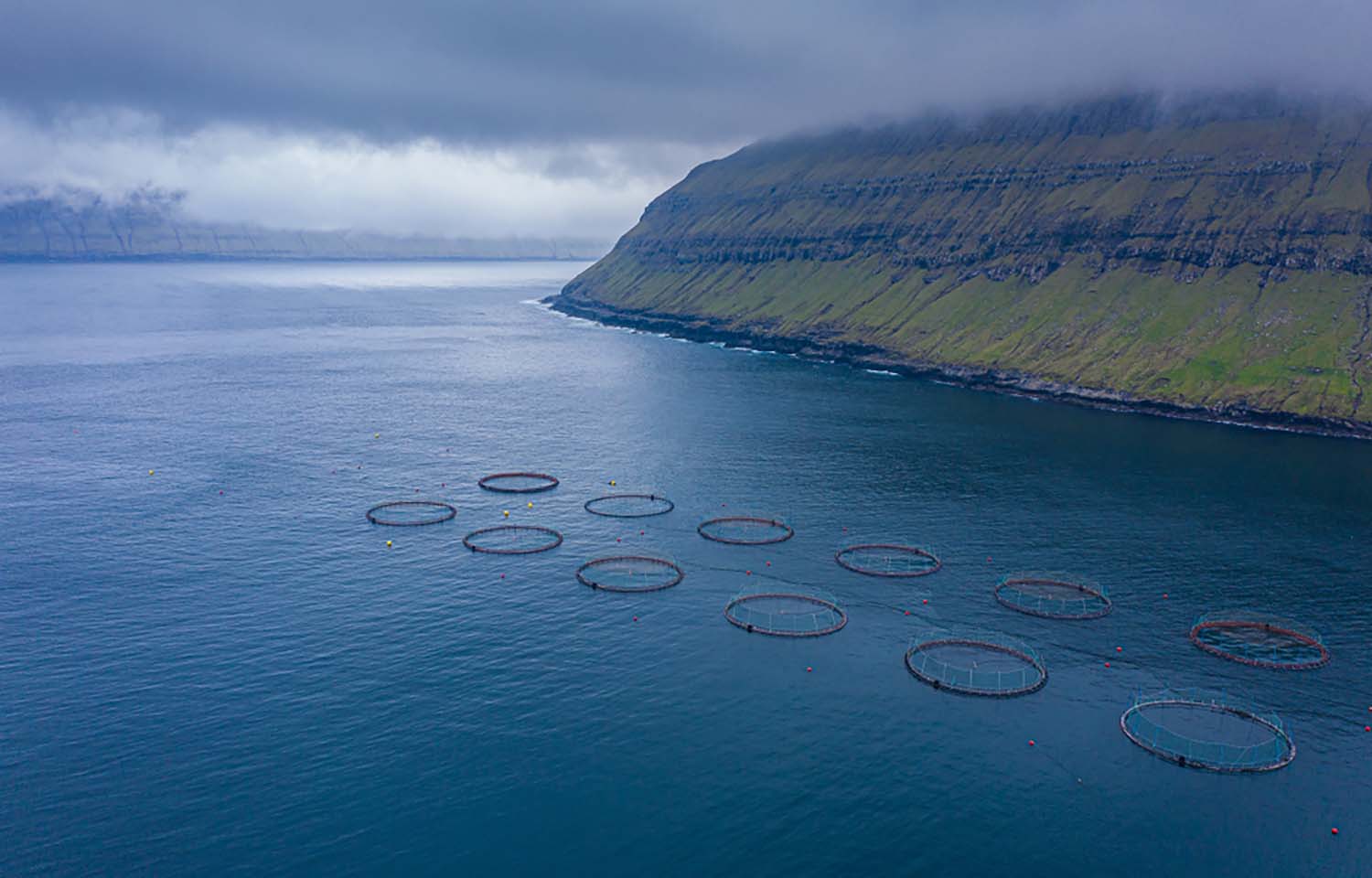One year after the Faroese government imposed a resource tax on the territory’s salmon-farming industry, a new tax reform is making its way through parliament and is expected to formally pass on 21 May, upon its third and final reading.
Similar to the reform passed in May 2023, the new system under review would partly tax companies on the average market price for salmon compared to the cost of production.
However, the system it would replace constituted seven levels of taxation ranging from 0.5 percent to 20 percent. The new system comprises four levels ranging from 0.5 percent to 7.5 percent. In addition to the tax that’s based on average market price, companies would pay a corporate-style tax of 8 percent, as well as the normal taxes they pay.
The proposal has caused great concern in the salmon-farming industry, with the CEOs of Bakkafrost, Hiddenfjord, and Mowi Faroe Islands all sounding the alarm over the proposal's potential problems.
"It's a structurally faulty system," Bakkafrost CEO Regin Jacobsen said.
Jacobsen and others have been arguing for a system that's fully based on an additional corporate tax instead of partly based on the international average price of salmon in relation to the cost of production, if the government feels a reform is necessary.
One of Jacobsen's central critiques is that the system doesn't make it easy to produce retail products, which was one of the biggest concerns of the last reform, after which Bakkafrost laid off 140 of its production workers.
"This system harms our opportunity to process salmon in the Faroe Islands," he said.
Faroese Business and Foreign Relations Minister Høgni Hoydal said the government has tried to meet the industry halfway by combining the two tax regimes in the new proposal.
"We think it's a better system for the stability of the industry and the national income," he said. "We also wanted to make sure that we have a lasting system that isn't constantly changed depending on who is in government.”
The reasoning behind taxing companies on revenue instead of profits, according to Hoydal, is that the government wants to ensure that rights to fjord use are paid in reference to how much a company actually produces. If the system were to reference profits, Hoydal said companies could organize their financials in such a way that it would look as though profit was lower than it actually was.
"What [companies] are paying for is a vast exclusive right to use the fjords, the ocean, and the water in the Faroes. We think that it is correct that they pay for each kilo of salmon that they produce," Hoydal said.
Jacobsen and other members of the industry responded that a production-based tax makes tough years more difficult. For example, a further tax on production could make the cost of production higher than the average prices they are receiving for salmon in certain years.
Jacobsen said said the salmon-tax system as a whole needs to be simplified, something the Faroes tax authority agrees with but which has not yet come to fruition.
"The politicians wanted a simple system, but this is so complicated that it's difficult for anyone to understand," Jacobsen said.
His proposal is that the industry could simply ...







